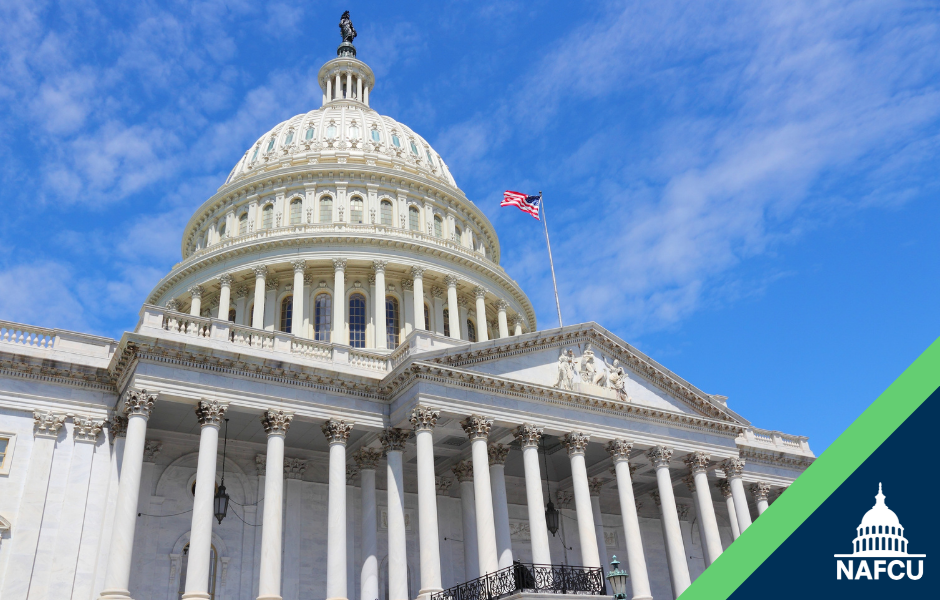Newsroom
NAFCU, trades flag consequences of interchange legislation
 NAFCU joined with several other financial services trade organizations to warn Senate leaders about the detrimental impacts legislation to expand interchange price controls would have on consumers, credit unions, and other financial institutions.
NAFCU joined with several other financial services trade organizations to warn Senate leaders about the detrimental impacts legislation to expand interchange price controls would have on consumers, credit unions, and other financial institutions.
The legislation, sought by big-box retailers, was reintroduced last week and would extend the debit routing provisions of the 2010 Durbin Amendment to credit cards. It closely mirrors the bill from last Congress, which NAFCU successfully kept from moving forward. NAFCU is fully engaged with members of Congress to highlight this deeply flawed policy.
In the letter, the groups highlighted a recent report from the Government Accountability Office (GAO) that found the 2010 Durbin Amendment was “among the top five laws and regulations most cited…as having significantly affected the cost and availability of basic banking services.”
“Further, the merchant lobby’s promise that this regulation would result in savings for consumers never happened – the merchants pocketed the savings,” the trades wrote. “According to the Federal Reserve Bank of Richmond, after the Durbin Amendment was implemented, 98.8% of merchants failed to pass through savings realized from debit regulation to consumers, and over 20% increased prices.”
Though the bill text limits these new requirements to only institutions over $100 billion in assets, the trades flagged that, under the Durbin Amendment, “community banks and credit unions still suffered a 30% decrease in their interchange revenue.”
Credit unions are encouraged to take action and contact lawmakers via NAFCU’s Grassroots Action Center. NAFCU is also seeking statements from credit unions to share with the media about how this bill will hurt business operations and members; submit a statement now.
Share This
Related Resources
NCUA Third-Party Vendor Authority Issue Brief
Whitepapers
Interchange Issue Brief
Whitepapers
Interchange One-Pager
Whitepapers
Get daily updates.
Subscribe to NAFCU today.
